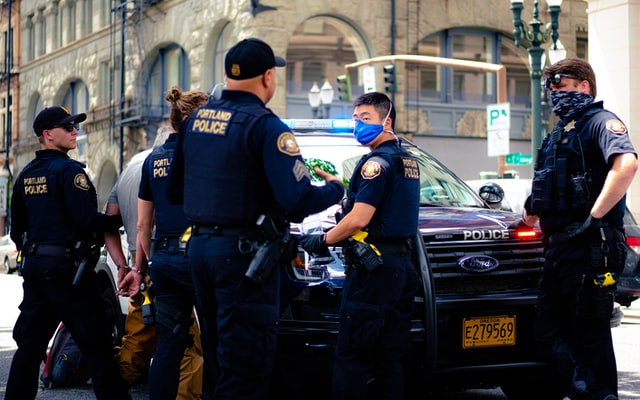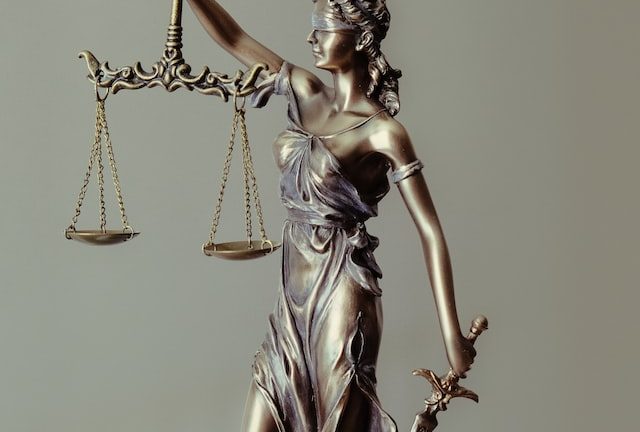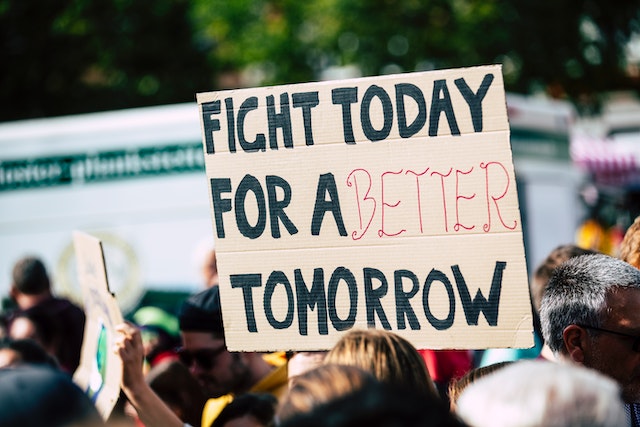In the United States, the justice system is designed around the presumption of the accused’s innocence. This means that a person who is arrested for a crime is assumed to be innocent of that crime unless or until his guilt is proven in a court of law. After an arrest, a defendant retains certain rights. The judicial process that takes place should insure these rights are honored. Read on for more information on what happens following an arrest, including the cash bail process and bail bonds near me Allentown PA.
Arrest and Booking
When a suspect is arrested, he or she is first brought to a police station or detention center. Police or administrative staff will book the suspect. Police will take a mugshot and get fingerprints, inventory and remove the suspect’s belongings and gather information. During this time, a suspect should be interviewed to determine the need for any medical or mental health services and provided with them as indicated.
Detention center staff will assign the suspect to a dorm, cell or room, where they will remain in custody until the time of an initial arraignment or bail hearing. While in custody, defendants have the right to speak with an attorney. Police should also inform suspects of their Miranda rights. A suspect is not legally required to submit to any interrogation or interview.
Arraignment
Within a few days of arrest, the suspect will be brought before a judge for an arraignment. This is usually combined with a bail hearing. Suspects may have their own lawyer, or a court-appointed defense lawyer, with them at this time. During an arraignment, the judge formally reads the charges against the defendant and offers him or her the chance to enter a plea. This plea is usually guilty or not guilty. A defendant who pleads not guilty will have a trial date set.
In addition to accepting the plea, the judge will also set the amount for cash bail. Bail amounts are typically higher for violent or serious offenses. Where a defendant is considered a flight risk, a judge may elect to deny bail altogether. After bail is set, the defendant can secure his release until trial by paying that amount to the court. When defendants are unable to raise the full bail amount, they may enlist the services of a bail agent, who can issue a surety bond to the court on his or her behalf.



